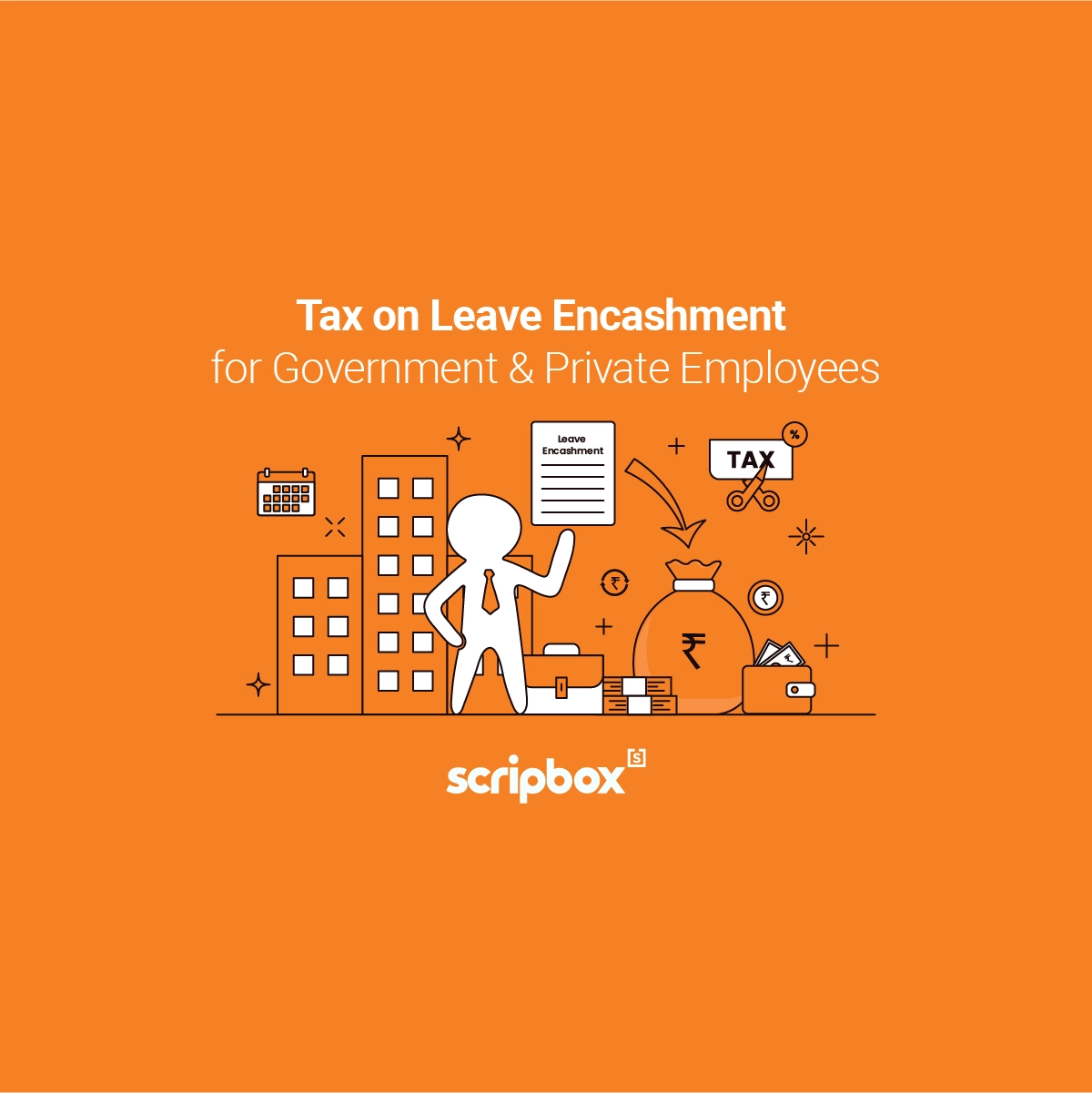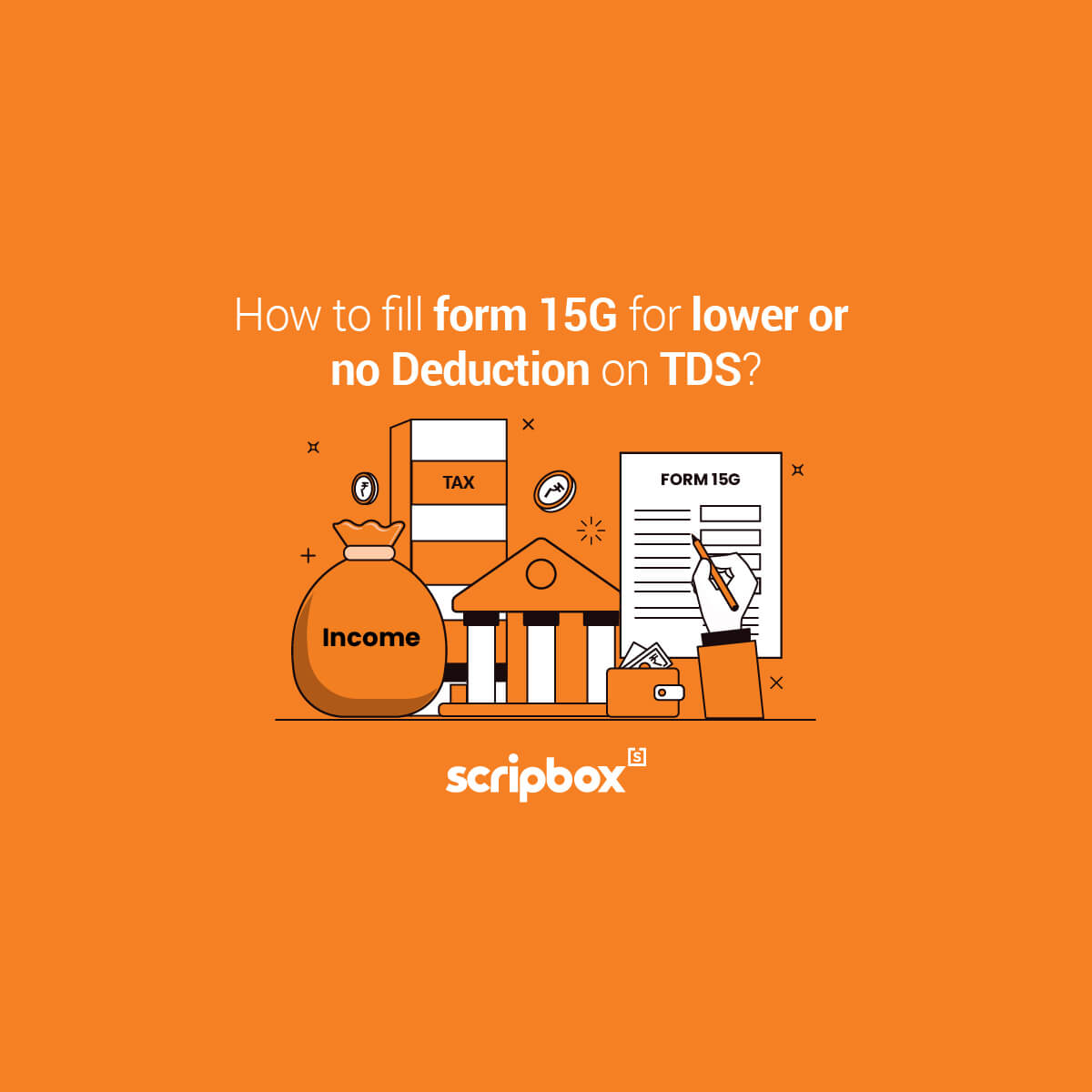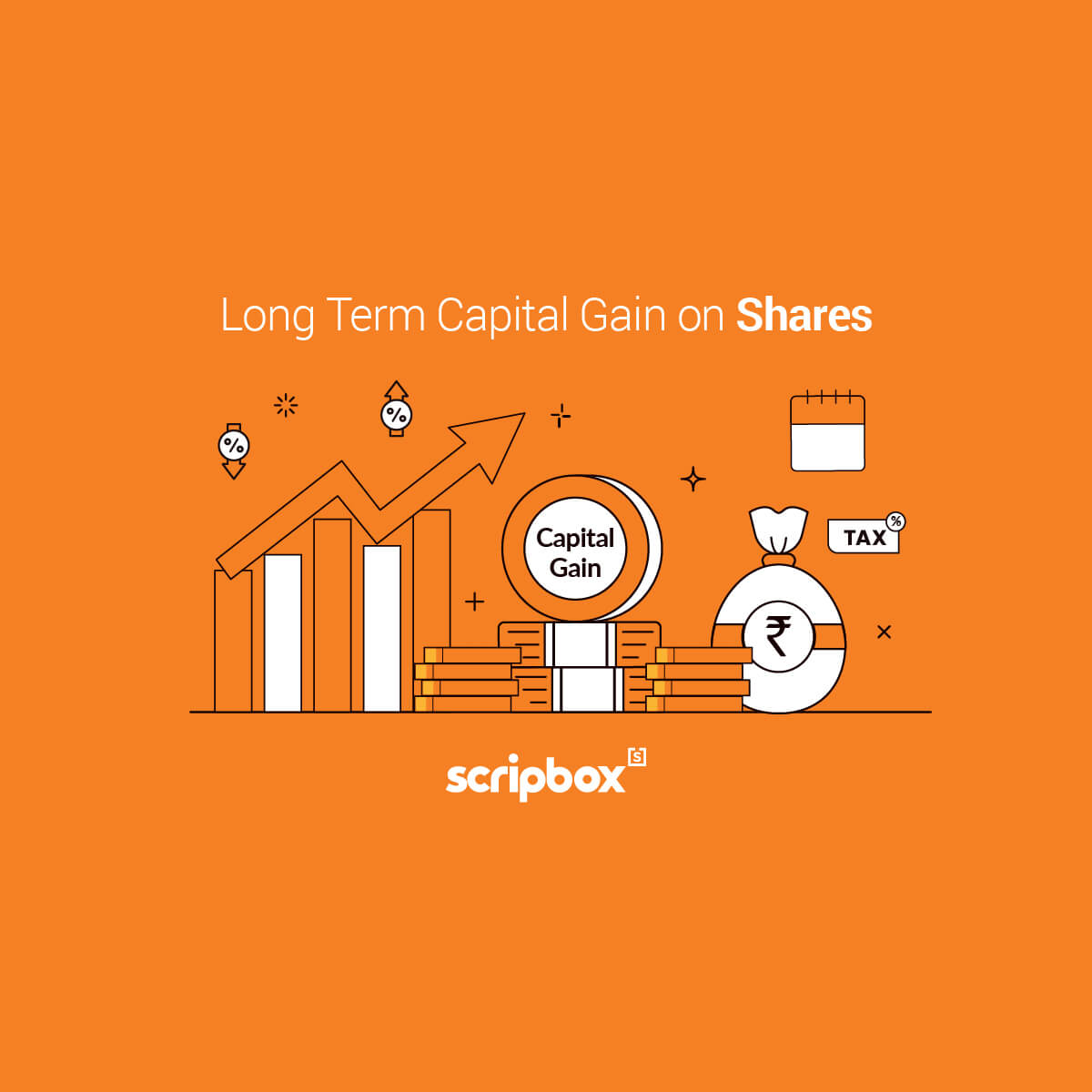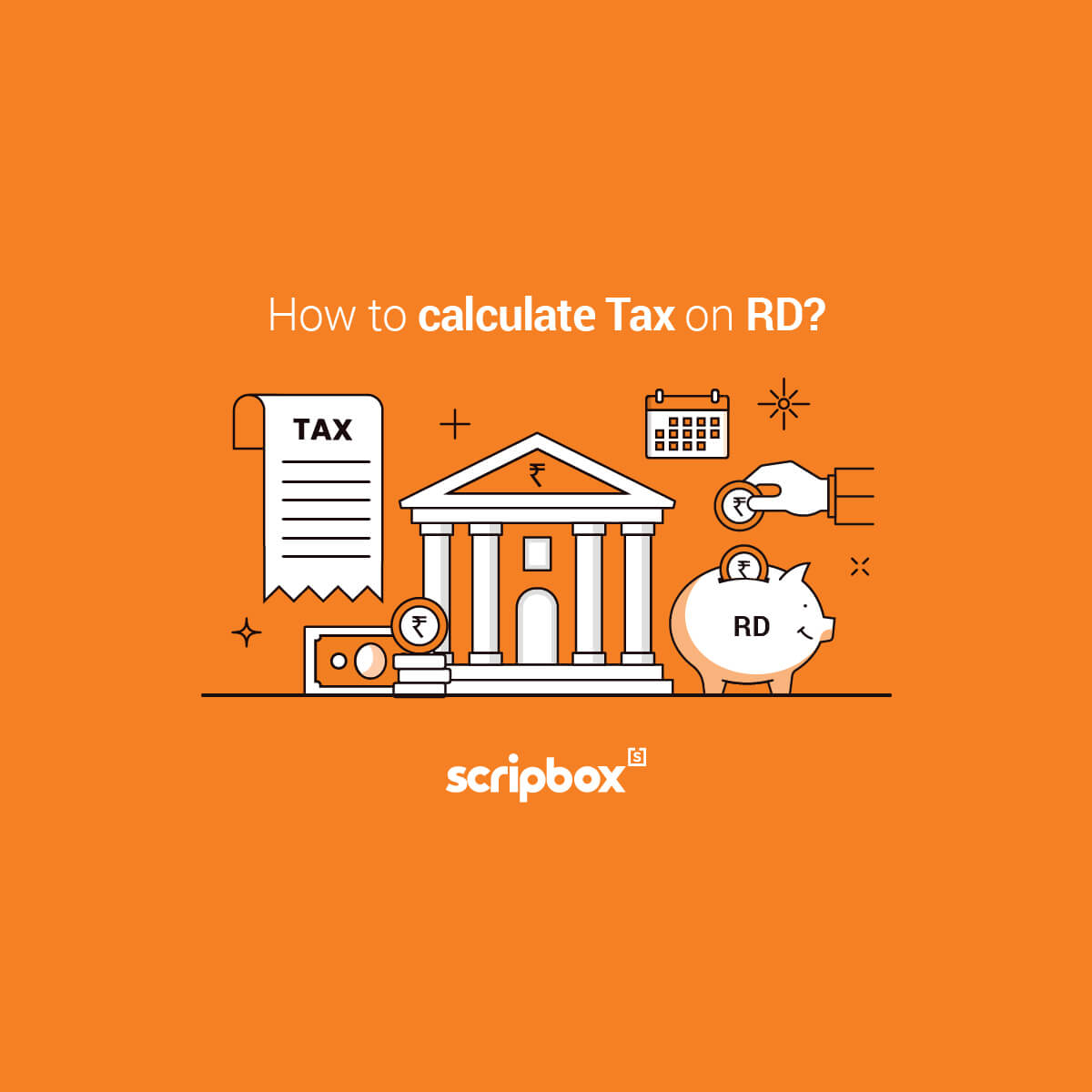A capital gain arises when a taxpayer sells a capital asset. Hence, the asset being sold must be a capital asset. The taxability arises only when a taxpayer sells their capital assets. While calculating the capital gain, the period of holding and type of asset is important. The tax rate on such capital gains depends on the type of asset. Since shares or stocks of companies are capital assets, a capital gain arises if the taxpayer sells these shares.
Long Term Capital Gain on Shares
- A long term capital gain on shares arises when the shares are sold after a period of holding of 12 months. The holding period of 12 months is for listed shares of companies. In the case of an unlisted share, the period of holding for LTCG on shares is 24 months.
- LTCG on listed shares is exempt up to Rs 1 lakh. LTCG on listed shares of more than Rs 1 lakh is taxable at a rate of 10%. However, the benefit of indexation is not available. STT must be paid on such shares for the exemption.
- Long term capital gain on unlisted shares is taxable at a higher rate of 20%. Moreover, such a sale is subject to the benefit of indexation. Indexation leads to a higher cost of acquisition and a lower net capital gain. Indexation is the inflation factor that is adjusted to the cost of purchasing capital assets.
- A taxpayer can adjust the long term capital gain with the basic exemption limit. However, only an individual or HUF is allowed to adjust with the basic exemption limit.
- To save higher tax on capital gains, you can plan your taxes. You can invest the long term capital gain on shares and purchase a residential house property. The entire amount invested will be tax free.
Short Term Capital Gain on Shares
- A short term capital gain on shares arises if the taxpayer sells the units of shares before the expiry of 12 months from the date of purchase of such shares. In the case of an unlisted share, the period of holding is restricted to 24 months. Hence, if you sell unlisted shares before 24 months then STCG on shares will arise.
- The STCG is chargeable at a flat tax rate of 15% on the transfer or sale of listed shares. However, STT must be paid on such a transfer or sale.
- The capital gain on the sale of unlisted shares is added to the total income of the taxpayer for the financial year. Hence, it is taxable at the relevant slab rate for the specific financial year.
- The benefit of indexation is not available on short term capital gains.
- Every taxpayer can adjust the short term capital gain against the basic exemption limit and lower their tax payable liability.
- Short term capital gain on shares is not subject to any tax deduction under Section 80C to Section 80U
Explore: Section 80U
- Capital loss on shares will arise if the cost of purchasing the shares is more than the selling price.
- You can claim the benefit of capital loss and lower your taxes. The taxpayer can set off the capital loss with capital gain for the relevant financial year.
- A short term capital loss can be set off with short term and long term capital gain. However, a long term capital loss can be set off with long term capital gain only.
- If there is any capital loss remaining after setting it off during the financial year then the remaining loss can be carried forward. A taxpayer can carry forward capital loss for the next 8 financial years.
- To carry forward the losses, the taxpayers must file their income tax return on or before the due date.
On the sale of shares, the taxpayer has the option to show the gain from the sale as a business income. Now if the taxpayer shows the gains as business income instead of capital gains then the entire tax treatment is different. Hence, it is important to understand the entire concept and taxability. Tax planning is extremely important here.
If you consider the transaction as business income then you can claim expenses in relation to such transactions. The entire income will be added to other business income. The applicable tax rate will be the slab rate. The tax treatment and selection must be the same for the coming financial years.
Furthermore, the tax treatment on the sale of unlisted shares is evident. It will always be treated as capital gains.
First of all, to classify the gains and losses as business income or losses, the intent of the entire transaction is crucial. If the taxpayer has the intention of earning profits then the taxpayer has the intent of carrying on the purchase and sale of shares as a business. On the other hand, if the intent is to warm dividends and aim for growth then the transaction cannot be classified as capital gains.
The number of transactions is also an indicator of differentiation. A person’s income from the sale of shares should typically be classified as business income if it is obtained on a regular basis. In this scenario, it is impossible to claim that the investor is selling the invested shares and they are not held as stock in trade. For instance, intraday trading is considered a business income without any doubt due to the number of transactions entered during the financial year. Hence, they report their share trading income under business income.
Every taxpayer must be very careful when classifying their share trading revenue as capital gain or business income because this classification has a significant impact on their tax liability.
Recommended Read: Capital Gain Bonds
Frequently Asked Questions
No deduction under chapter VI-A can be availed in respect of short-term capital gains arising on the sale of equity shares or units of equity-oriented funds included in the total income of the assessee.
Indexation allows the taxpayer to adjust the cost of acquisition and improvement against the inflationary rise in the values. However, the benefit of indexation is allowed only in the case of long-term capital assets and not short-term capital assets. Thus the user cannot avail of the indexation benefit in the case of short-term capital gains.
Capital losses can be set off only against capital gains. Thus, in the case of short-term capital loss, the set-off can be done only against either short-term or long-term capital gains.
Explore: Cost Inflation Index for FY 2022-23























Show comments